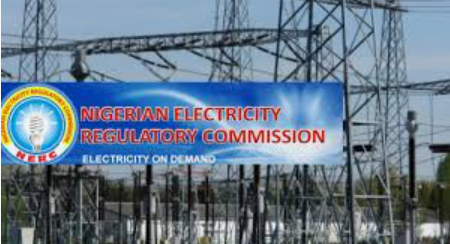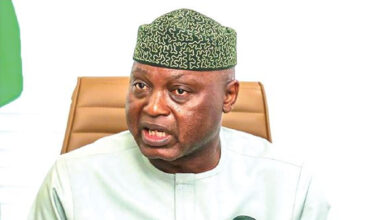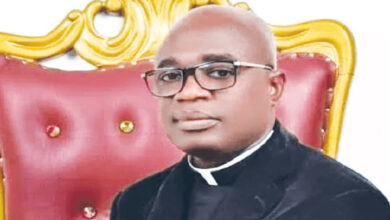NERC Proposes Shift Of Power Infrastructure Repair Costs To Distribution Companies

The Nigerian Electricity Regulatory Commission (NERC) is considering a new policy that would require power distribution companies (Discos) to cover the costs of equipment for repairs on faulty transformers and other critical infrastructure. This measure aims to enhance accountability among Discos, encouraging them to manage resources more carefully to improve service delivery. The NERC chairman, Sanusi Garba, addressed this potential shift during a recent public hearing held to investigate recurring national grid collapses, which have affected power quality, disrupted businesses, and strained the viability of power generation and distribution companies.
Garba highlighted the severity of the situation, pointing out that Nigeria has experienced 162 grid collapses since 2013, as shared by Joy Ogaji, CEO of the Association of Power Generation Companies (APGC). Each collapse has widespread consequences for households, industries, and the economy. Garba expressed frustration over repeated incidents of essential equipment failures, such as transformers catching fire due to insufficient protective measures, often resulting in total blackouts across the country. He emphasized that reliable electricity is critical to the country’s development, as inadequate power supply hampers both manufacturing and residential energy needs.
Garba also disclosed that Discos had previously been instructed to report feeders most vulnerable to weather conditions but failed to act, perpetuating systemic issues. “This thing that happened last year, last two years, last three years, and the last four years happened this year. It is as if we don’t want to move forward intentionally,” he stated, underscoring the urgency for systemic reform.
Ogaji echoed this sentiment, urging NERC to take proactive measures to prevent grid collapses. She noted that discrepancies exist between official data and records kept by the private sector, emphasizing a need for transparency and accurate reporting to address these recurring issues effectively. She pointed out that while regulations limit certain switch actions, investigations show these limits are often exceeded, affecting power generation and diminishing potential revenue for producers.
The Transmission Company of Nigeria (TCN), meanwhile, stated that operations have been further complicated by vandalism affecting the Shiroro-Mando transmission line. A security advisory from the Office of the National Security Adviser has restricted TCN’s ability to maintain certain transmission lines in affected areas, suggesting that power shortages in these regions may persist due to insecurity challenges.
This gathering highlighted the need for comprehensive reform and collaboration across all levels of Nigeria’s power sector to stabilize the national grid, ensure accurate data management, and improve overall service delivery to Nigerian consumers.



